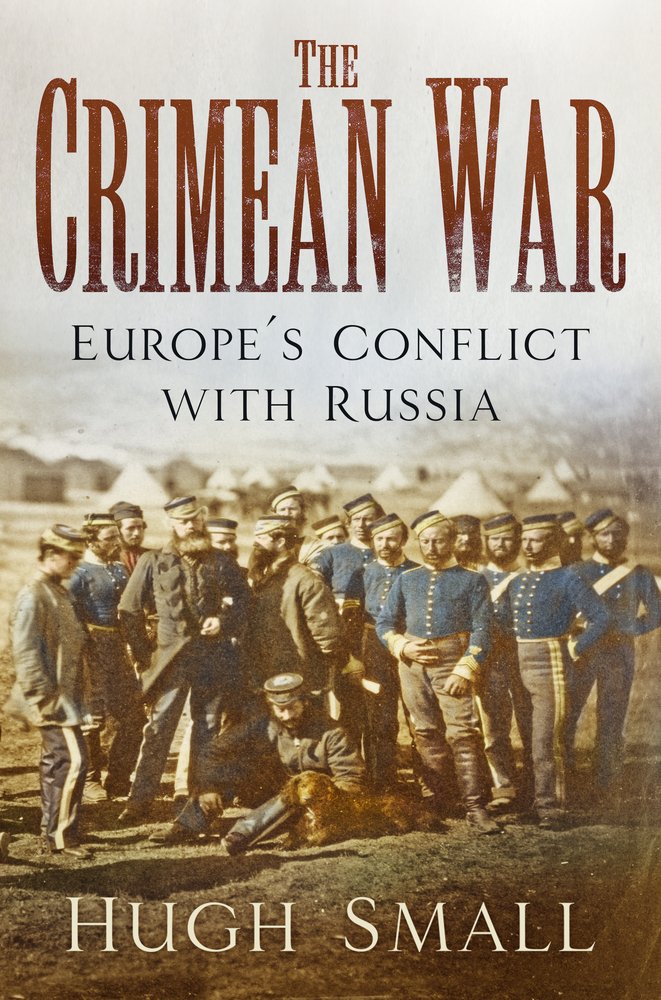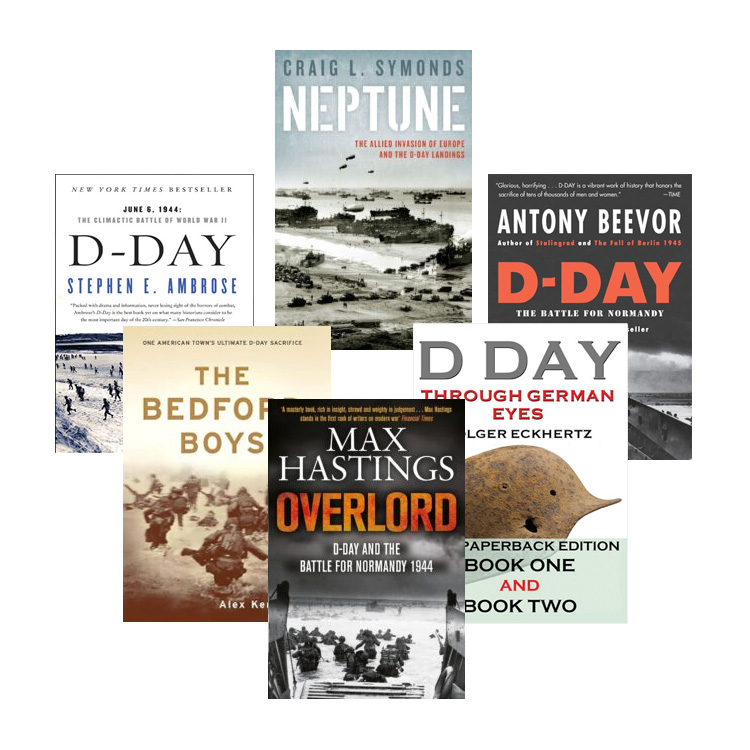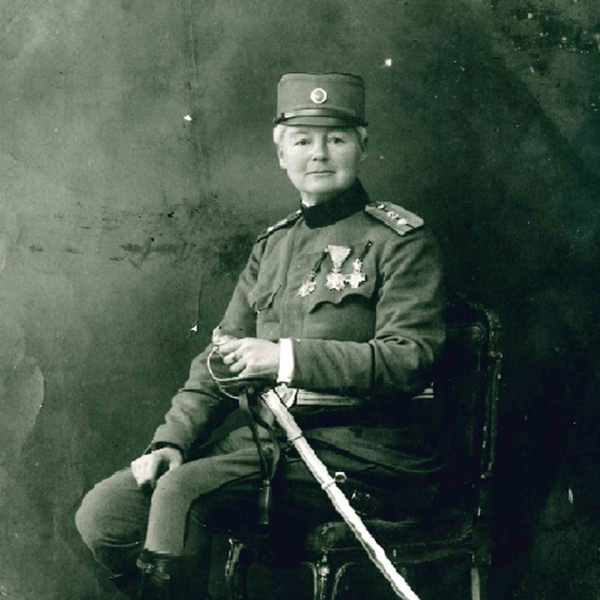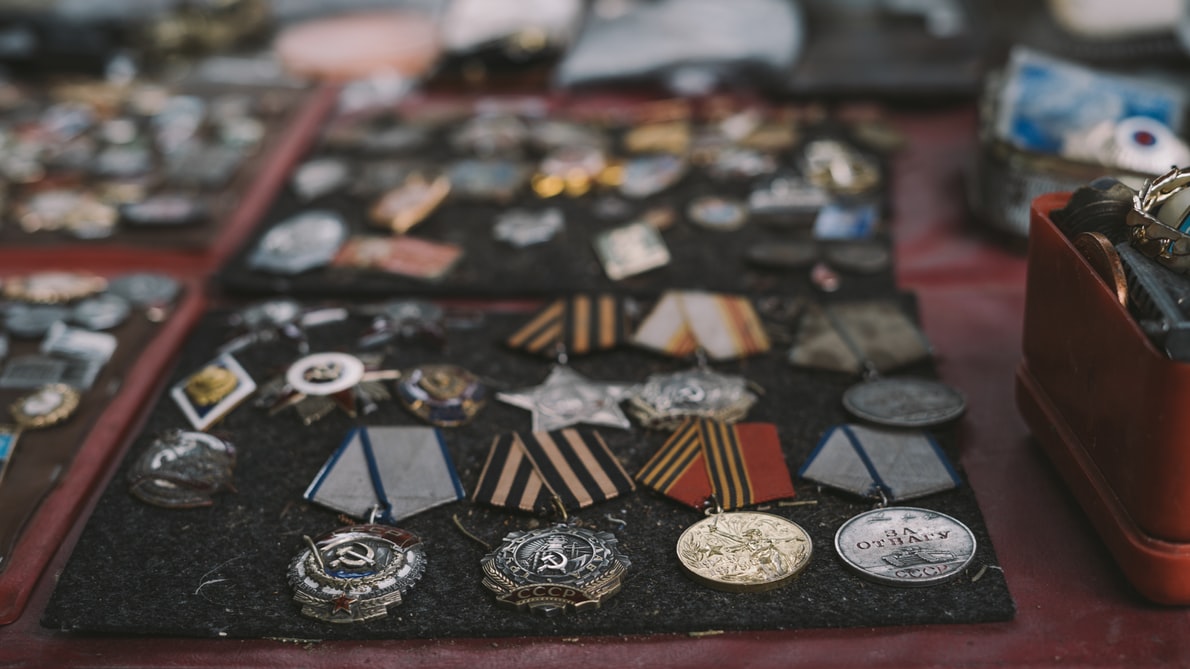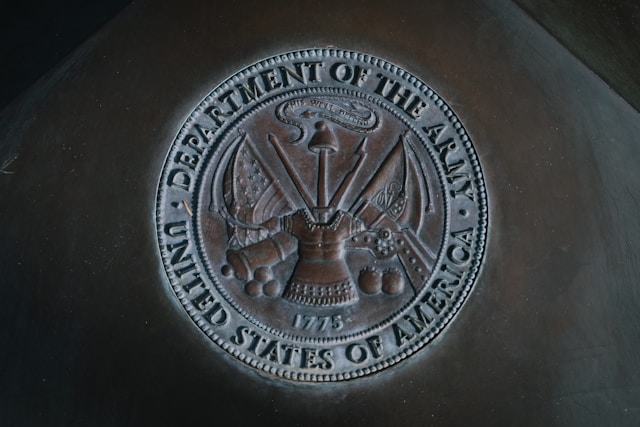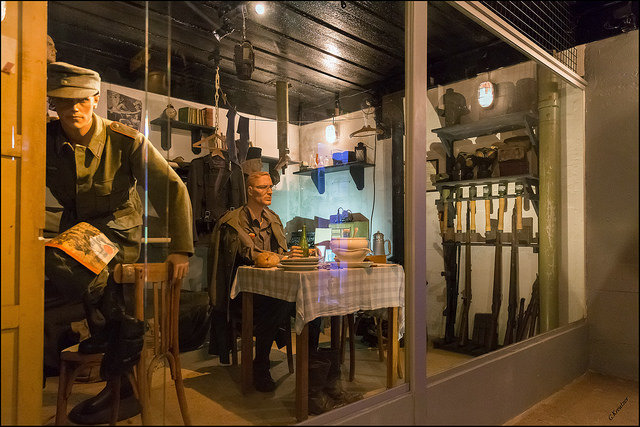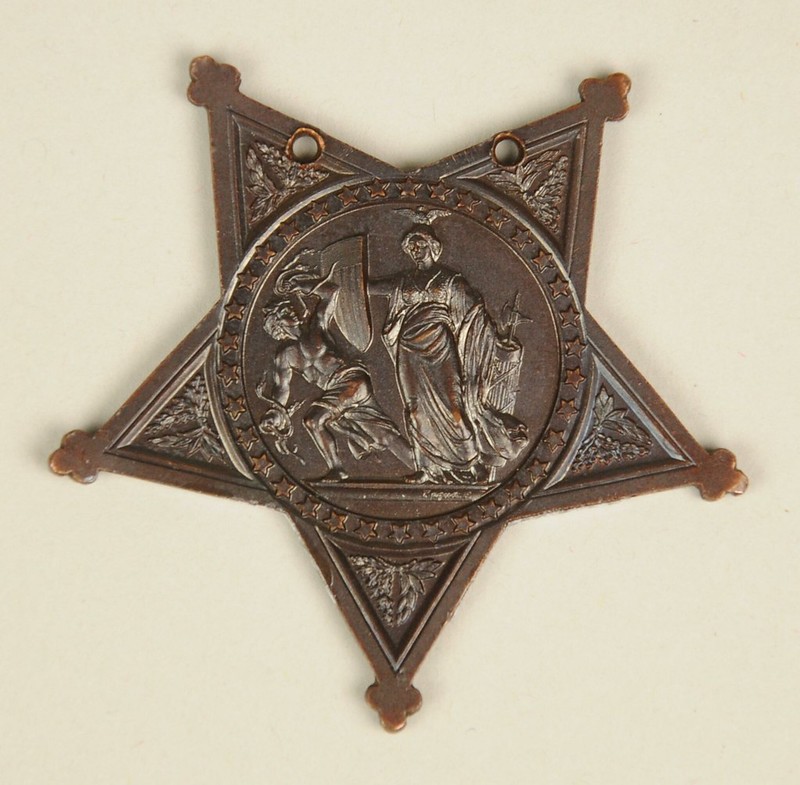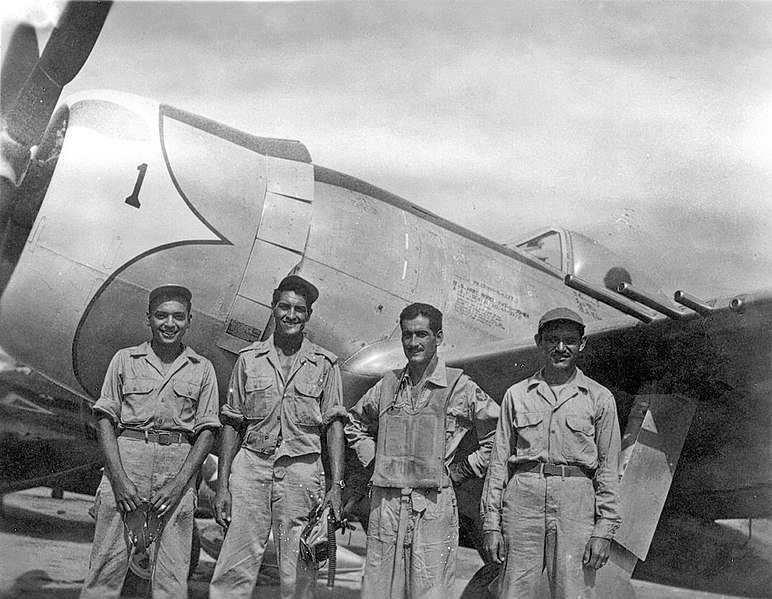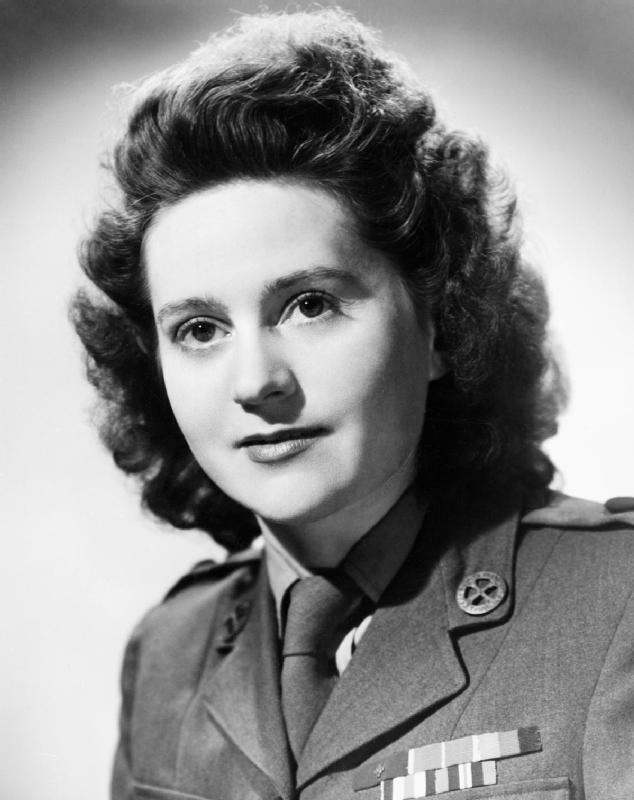
The Crimean War: Europe’s Conflict with Russia
“The Crimean War: Europe’s Conflict with Russia” is a comprehensive and engaging book that delves into the intricacies of the Crimean War, offering a detailed exploration of the conflict and its far-reaching implications. Written by renowned historians, it provides a rich and nuanced account of the war, shedding light on the complex web of political, military, and diplomatic factors that led to its outbreak.
The book meticulously traces the origins of the conflict, examining the geopolitical rivalries and power dynamics among the major European powers of the time, particularly Russia, the Ottoman Empire, France, Britain, and Sardinia. It explores the tensions surrounding the Eastern Question, the dispute over the rights of Christians in the Ottoman Empire, which served as a catalyst for the war. Readers are immersed in the political maneuverings and alliances that shaped the conflict, gaining insights into the diverse motivations and interests of the participating nations.
“The Crimean War: Europe’s Conflict with Russia” goes beyond the battlefield, delving into the social, cultural, and technological aspects of the war. It explores the experiences of soldiers on the front lines, the harsh conditions they endured, and the evolving strategies and tactics employed during the conflict. The book also examines the evolving role of technology, such as the impact of railways and telegraphs on warfare, as well as the advancements in medical care and the birth of modern nursing through the work of Florence Nightingale and her team.
Moreover, the book delves into the significant battles and campaigns that defined the war, including the Siege of Sevastopol, the Battles of Alma, Balaclava, and Inkerman, and the naval operations in the Black Sea and the Baltic Sea. It provides vivid descriptions of these key events, highlighting the heroism, blunders, and strategic maneuverings on both sides.
“The Crimean War: Europe’s Conflict with Russia” also explores the broader consequences of the war. It examines the impact on the balance of power in Europe, the decline of the Ottoman Empire, and the rise of Russia as a major player. The book delves into the diplomatic negotiations and the signing of the Treaty of Paris in 1856, which brought an end to the conflict and laid the foundation for subsequent geopolitical shifts.
With its meticulous research, engaging narrative, and comprehensive analysis, “The Crimean War: Europe’s Conflict with Russia” offers readers a deeper understanding of this pivotal moment in European history. It is a valuable resource for scholars, history enthusiasts, and anyone seeking to explore the complexities and significance of the Crimean War.
$28.94
IMPORTANT: As an Amazon Associate, I earn from qualifying purchases.
Related products
-
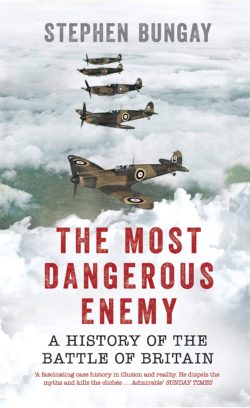
The Most Dangerous Enemy: A History of the Battle of Britain
$22.99 Get it from Amazon -
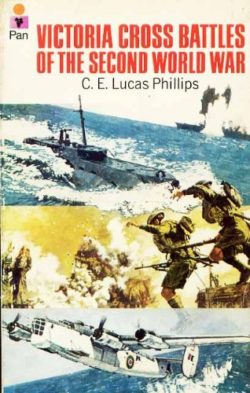
Victoria Cross Battles of the Second World War
$32.99 Get it from Amazon -
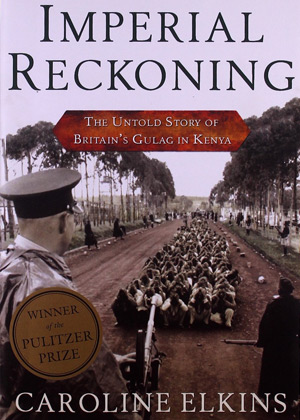
Imperial Reckoning: The Untold Story of Britain’s Gulag in Kenya
$24.00 Get it from Amazon -

British Military Medals – Second Edition
$20.31 Get it from Amazon -

The Complete Victoria Cross: A Full Chronological Record
$10.85 Get it from Amazon -
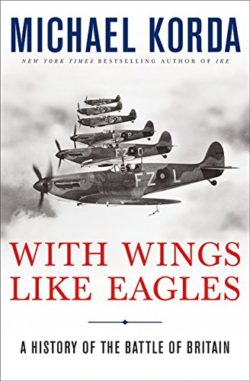
With Wings Like Eagles: A History of the Battle of Britain
$12.79 Get it from Amazon -
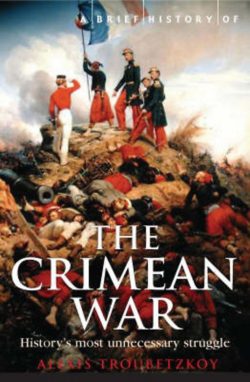
A Brief History of the Crimean War
$23.99 Get it from Amazon -

Battle of Berlin: Bomber Command over the Third Reich, 1943–1945
$11.99 Get it from Amazon -
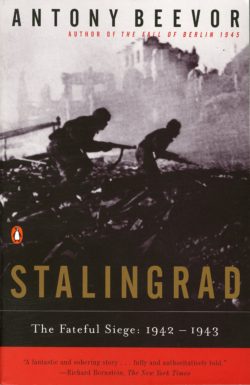
Stalingrad: The Fateful Siege: 1942-1943
19.15 -
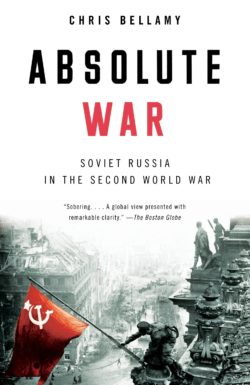
Absolute War: Soviet Russia in the Second World War
$18.29 Get it from Amazon

